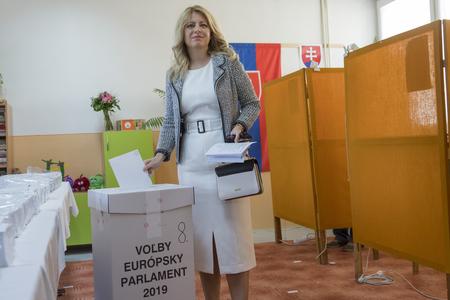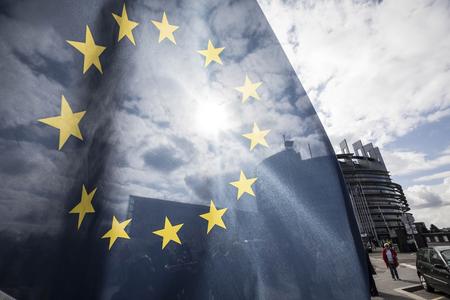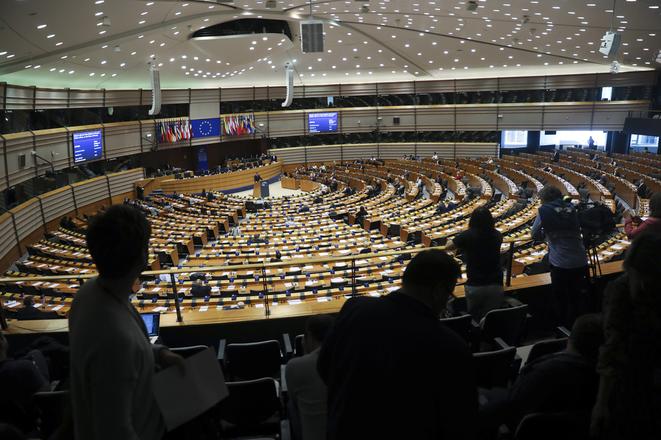Political parties in Slovakia spent €4 million on the European Parliament election campaign this year, the analysis by Transparency International Slovakia (TIS) has revealed. This is twice as much as 2014, the Sme daily reported.
However, people considered the campaign boring and weak. In addition, they learned nothing new about the European Union, as the qualitative survey by the Department of Political Sciences of the Faculty of Arts at Comenius University (UK) in Bratislava suggests.

“This may be one of the reasons why the turnout is continuously low,” political analyst Pavol Baboš of the UK told Sme.
Slovakia's turnout remained the lowest in the EU in 2019, despite exceeding 20 percent.
Two group discussions, in which 16 people participated, were held a few days before the EP elections, on May 21 in Prešov, eastern Slovakia, and several days after the vote, on May 30 in Trnava.
Unknown candidates, dormant parties
One of the issues of this year's EP election campaign was that parties stood aside and did not support their candidates actively, the participants in discussions agreed.
“They criticised the political parties for not enabling them to learn more about candidates and for not preparing good candidates,” Baboš said, as quoted by Sme.

Moreover, political parties nominated unknown faces, which contributed to low interest in the vote. This is the fault of leaders of political parties, who made their voters associate the party only with them, Baboš claimed.
Political parties were not as involved as in other elections because they do not consider the EP vote very important, he added.
Educational? Not really
Apart from the campaign having been uninteresting, people learned little about the EU mechanisms.
“During the presidential pre-election campaign, in which Maroš Šefčovič [Slovak EC Vice-President for Energy Union - ed. note] ran, a debate on what the EU deals with was more open,” said 40-year-old Táňa from Trnava, as quoted by Sme.
The perception of the importance of the European Parliament by Slovaks, before and after the EP elections, did not change, either.
“We regard it as a sign that the pre-election campaign did not have a strong educational or informational effect,” Baboš said, as quoted by Sme.
Against extremism

Some people decided to cast their vote only because they wanted to stop the extremist People's Party Our Slovakia (ĽSNS) from winning seats in the EP, political analyst Aneta Világi of the UK claimed. Yet, two members of the party, Milan Uhrík and Miroslav Radačovský, won seats.
To compare, the populist Sme Rodina (We Are Family) political party of Boris Kollár did not win any, even though it was supported by French nationalist Marine Le Pen.
“Sme Rodina went too much into the extreme in the last elections,” said 58-year-old Iveta from Prešov, as quoted by Sme. “Kollár is now joining forces with the Kotlebas.”
It was because of the alliance with Le Pen Boris Kollár's party was seen as extremist after all. However, Kollár did not regret his alliance with populist and nationalist politicians in Europe.
“Matteo Salvini is the most popular politician in Italy, Le Pen won elections,” Kollár claimed, as quoted by Sme.



 European Parliament (source: AP/TASR)
European Parliament (source: AP/TASR)